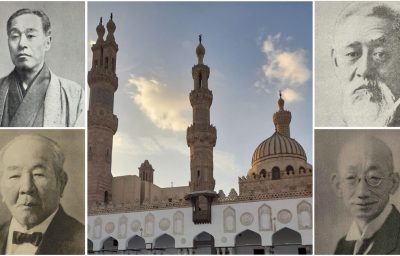COMMUNICATIONS
Essays
Aspiring To Preserve the Peace Constitution
HUANG Tzuchin(Visiting Research Scholar)
October 28, 2024
The reason I thought of setting up a team research group examining “Japanese Foreign Policy in the Cold War Era: The Formation of the “Peace State” (1952–1972)” is because the expression “containment policy” has become fashionable once more in the study of international politics.
“Containment policy” was fashionable from the 1950s to the 1980s, earlier during the Cold War period. For me, raised as I was in a Taiwan confronted by China, I remember the Cold War as a time of living under the shadow of war. So, when the expression “containment policy” became fashionable again, it implied for me that Taiwan must once again be facing the threat of war.
The greatest role for Japan in Asia during the Cold War was to support economic growth and the stability of political society in various countries, and to promote moderate nationalism. What did Japan’s self-identification as a “peace state” mean in the context of the international order in Asia? How was the relationship between Japan and Asia reflected in the creation of Japan’s identity as a “peace state”? I ran this team research group hoping that an exploration of these issues might provide hints for identifying the possibilities for peace in Asia in the future.
I convened the team research group four times a year, and there were eighteen presentations in all. In terms of content, foreign relations, historical reconciliation, and biographies were the dominant categories. Particularly noteworthy were those that explored how intellectuals and former military men sought to create and develop peaceful international relations, especially for the security of their own country, within the framework of the “peace constitution.” These examples served to confirm for us just how precious it was that Japan adhered to its peace constitution during the Cold War when the powers of the East and West were in a state of violent confrontation. We hope that Japan can retain its peace constitution, a model for all humankind. At the same time, is it not incumbent on us, the nations in Japan’s periphery, to strive to build an international environment that will render the ideals of the peace constitution sustainable?


Constitution of Japan(1946) Source: NATIONAL ARCHIVES OF JAPAN DIGITAL ARCHIVES




